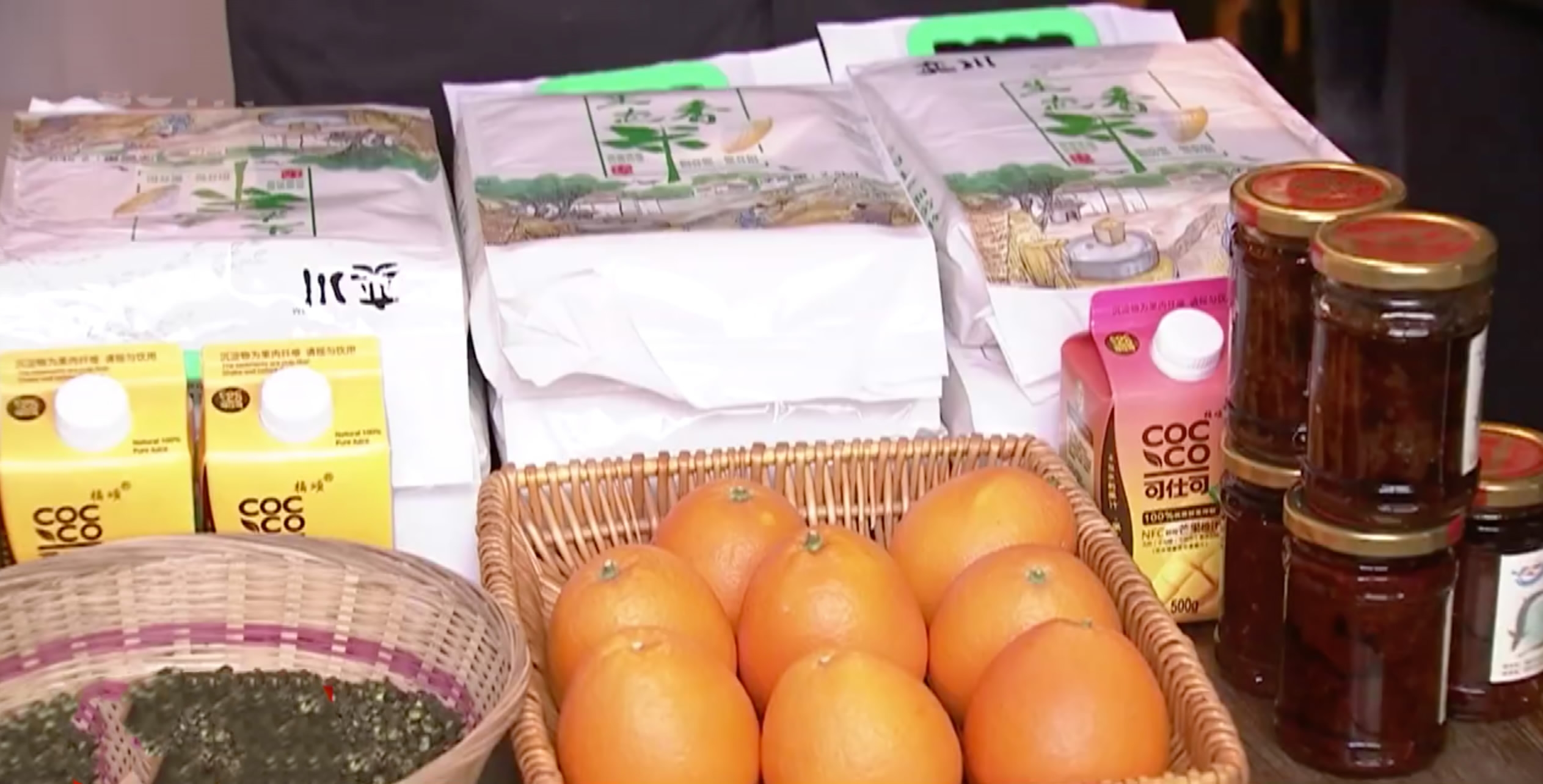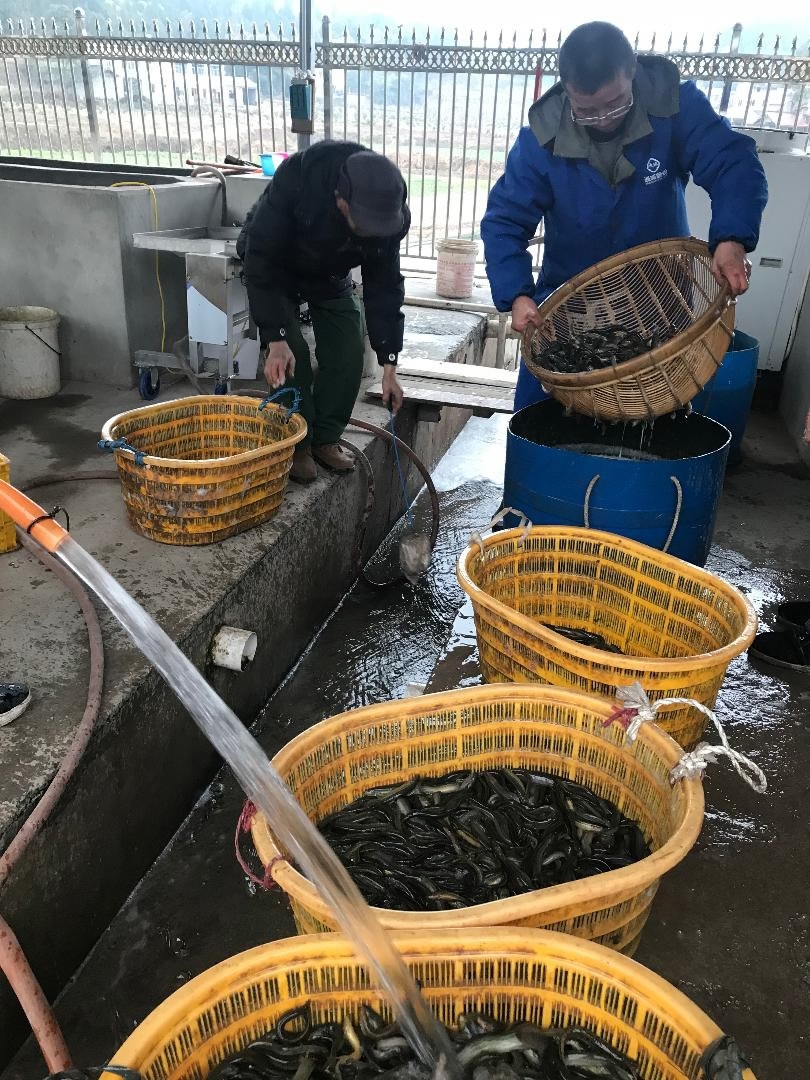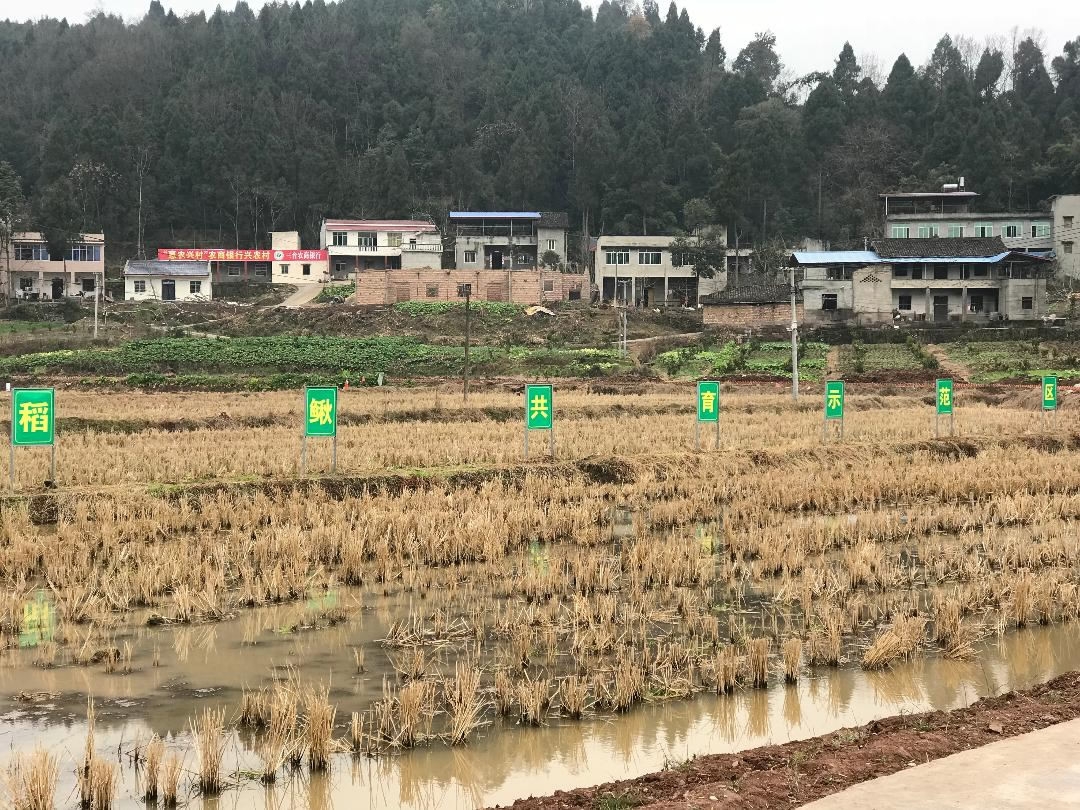
Tech & Sci
11:52, 09-Mar-2018
Understanding the importance of agricultural reforms
By Yao Chin

Agriculture is the number one policy document at China’s National People’s Congress (NPC), and it’s been this way for over a decade. It’s of vital importance to China for so many reasons. Why?
Well, firstly, it’s about ensuring an adequate and sustainable food supply in a country with a population of around 1.4 billion. China views food security with great importance. So, as a result of ongoing agricultural reforms and innovations, it produced some 600 million tonnes of grain last year.
Secondly, improving agriculture is a key part of China’s rural vitalization program, which just as the name suggests, is about breathing life back into the countryside. And an economically strong life, at that.

A harvest of loaches /CGTN Photo
A harvest of loaches /CGTN Photo
I wrote this article not long after the Spring Festival: Both a period of Chinese celebration and the world’s biggest human mass migration. It gives an indication of just how many economic migrant workers China has. Many of China’s economic migrants have had to leave their homes and families for the cities out of absolute necessity. In order to attract them back to the rural communities, China is making huge investments to boost economic output from the countryside, and to improve living standards there too.
The latest rural vitalization effort was announced by Premier Li Keqiang at the NPC opening session: a program to improve water and power infrastructure, and the building or upgrading of 200,000 kilometers of rural roads. The premier also highlighted how advancing supply-side structural reform in agriculture plays a part in this.
So what are the reforms about? I went to a loach fishing farm in Shuangle in Sichuan Province to find out more. There, I saw the supply-side reforms in action. It’s all about how to make farming work efficient and profitable. The fishing farm is part of a cooperative. And that doesn’t mean just farmers coming together, but recent reforms now allow for agricultural producers along the supply chain to join in too. And to help with investment, pilot projects allow farmers to mortgage their land rights, (those rights will be extended for a further 30 years when they expire). And innovation and technology are also being pushed. Indeed, China is becoming so good at this that it’s set up agricultural technology promotion centers in 14 African countries.

Organic rice fields where loaches get to work. /CGTN Photo
Organic rice fields where loaches get to work. /CGTN Photo
And when it comes to the products, the fish farm I visited was producing high-end stuff. Organic rice, where the larvae of bugs that would have traditionally been killed off with pesticides are instead eaten by the loaches. But who’s eating the loaches? Well, in northern parts of China and in S. Korea, some ladies feel that loaches help improve one’s complexion. So the loach sauce is being marketed with the rice and organic orange juice in both countries. The farm even has an online shop. All this has created jobs in the village within the past two years, and lifted many villagers out of poverty.
So it’s about making quality products that meet and create new demand, that is efficiently and sustainably farmed using innovative methods, and creating industry in rural communities and making more people in rural communities stakeholders in this success. And what I have found interesting is that the reforms are being updated or added to every so many months. The same fast-paced innovative approach you see in Chinese manufacturing is taking place in farming too.
But what meant the most on this trip was not my glowing complexion having eaten a loach casserole, but meeting two of the farmers. One of them told me he hadn’t been able to work until the fishing farm was set up in his village because he had a walking disability. He’s now earning a wage he’s very happy with, and you could see the pride in his smile. Another farmer told me he’s no longer depressed that he’s working on the farm. Other villagers gave us similar replies, and with expansion plans will come more and more jobs.
The agricultural reforms are about much more than just farming.

SITEMAP
Copyright © 2018 CGTN. Beijing ICP prepared NO.16065310-3
Copyright © 2018 CGTN. Beijing ICP prepared NO.16065310-3